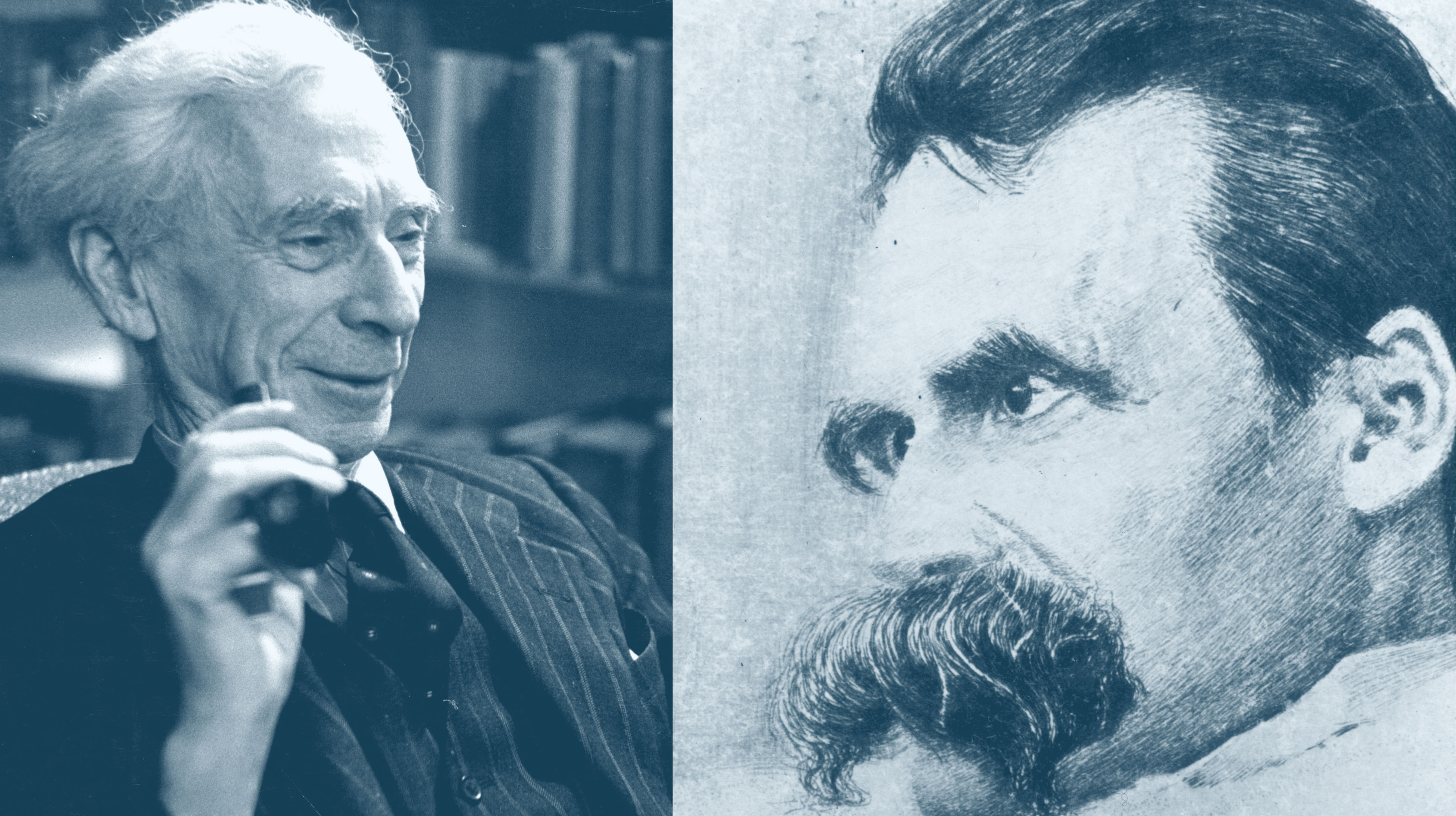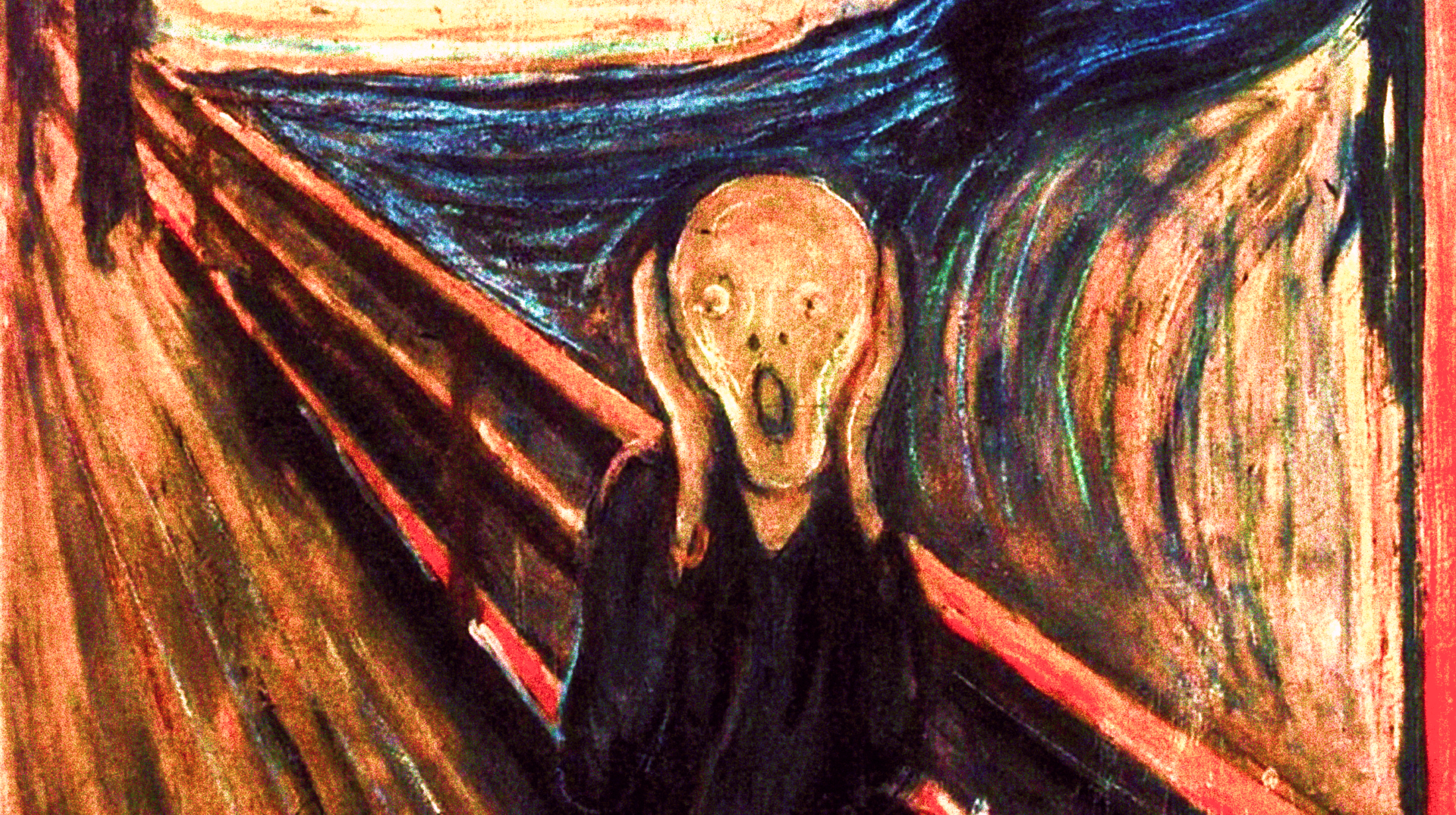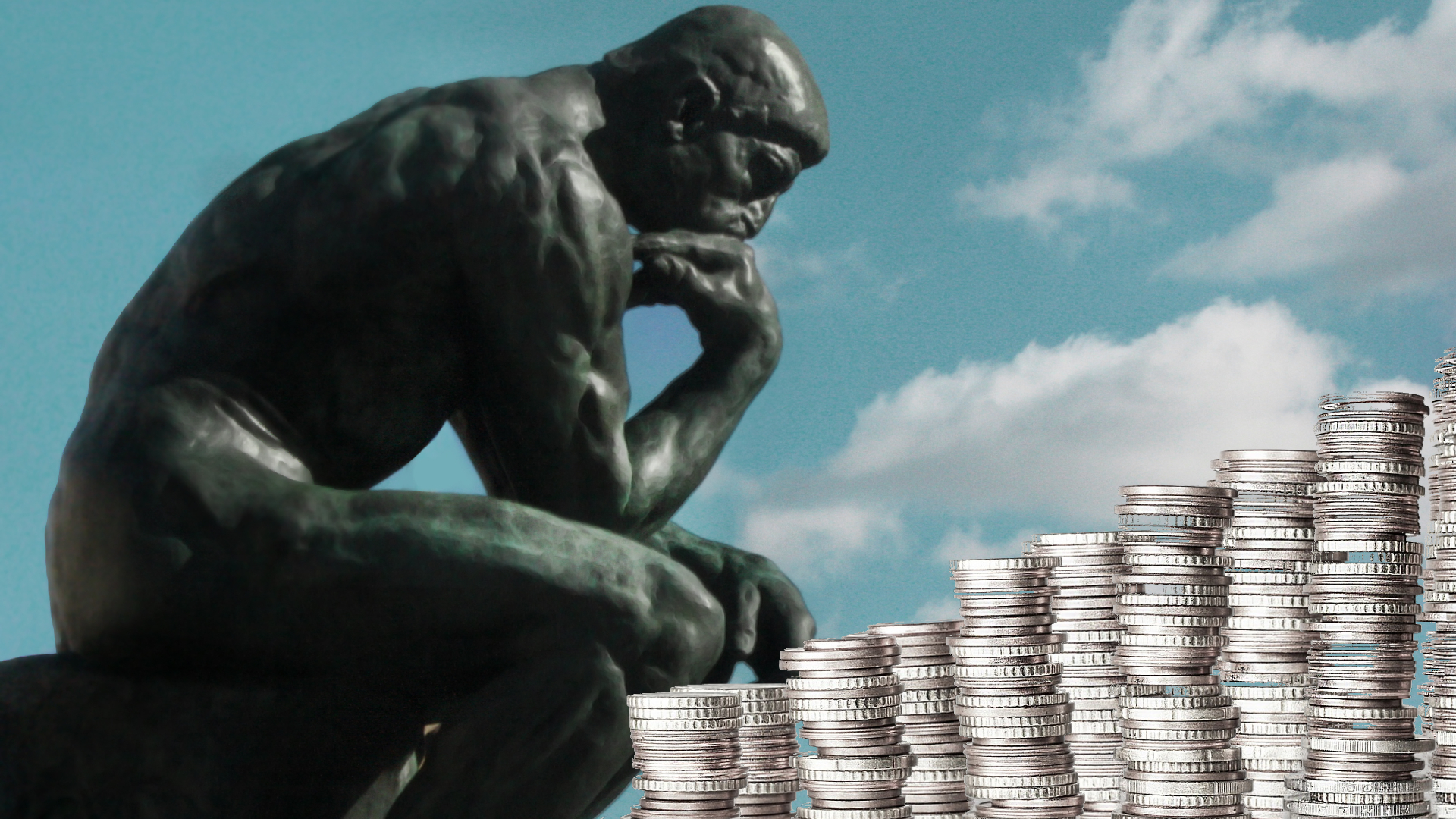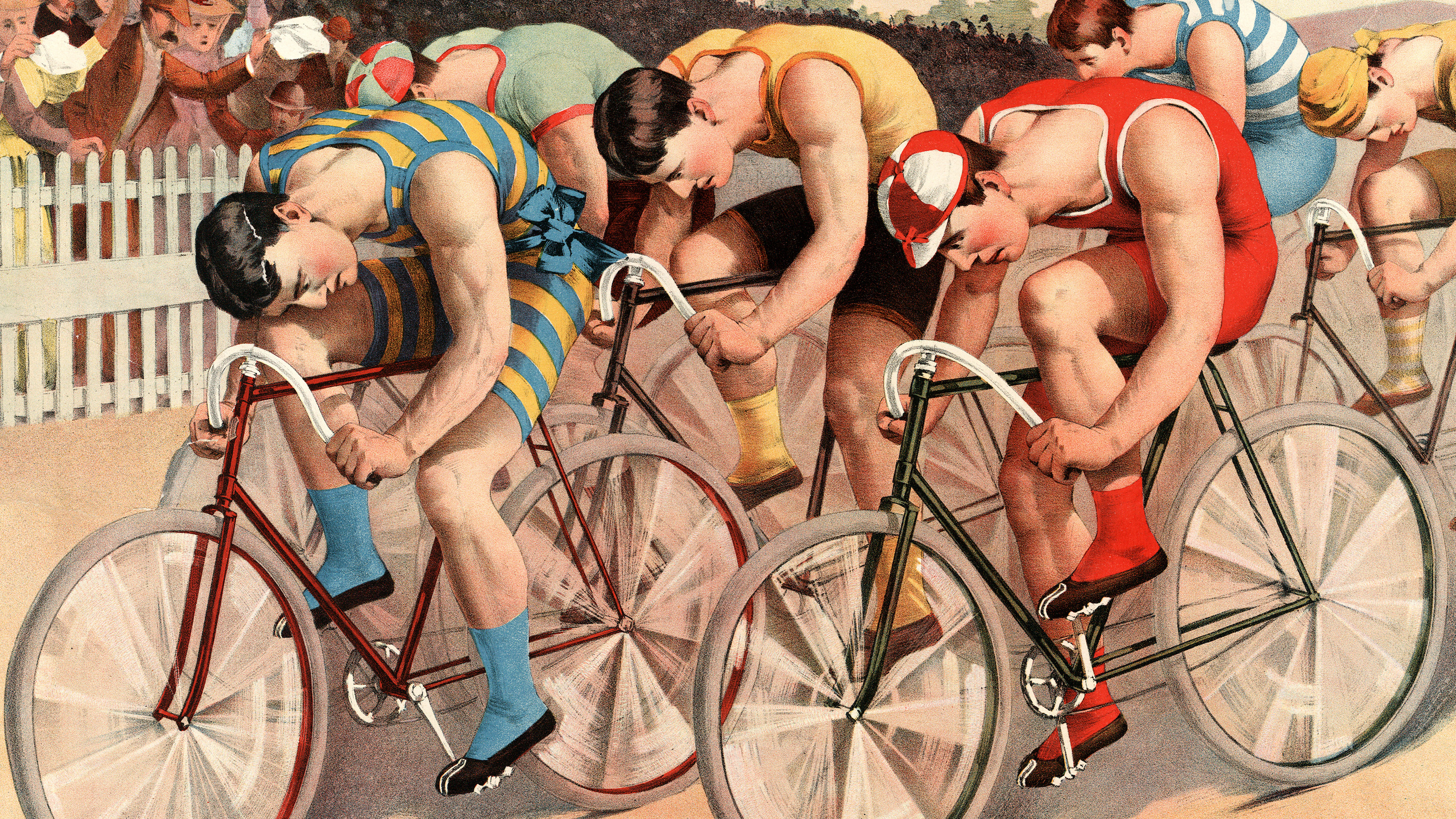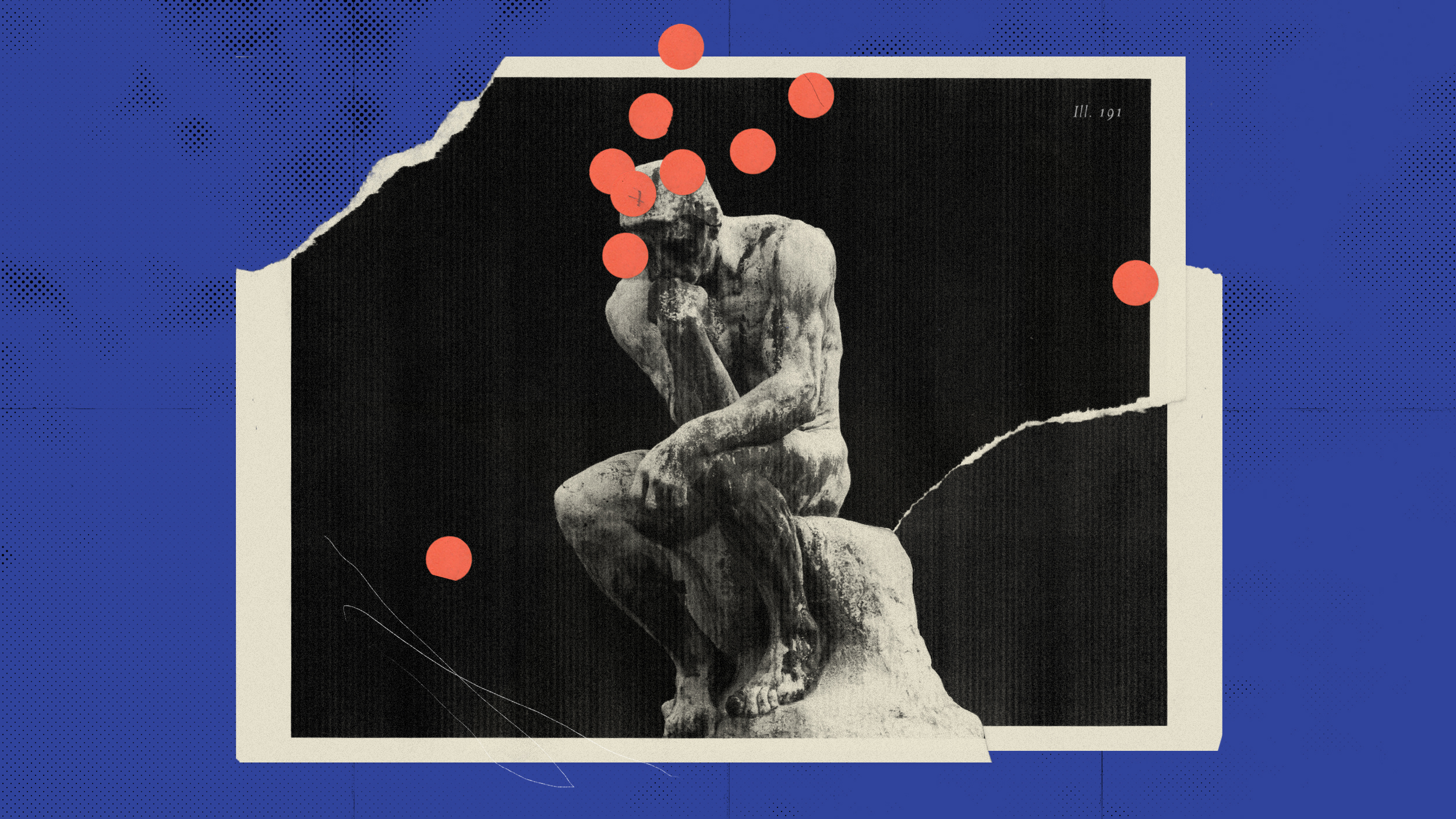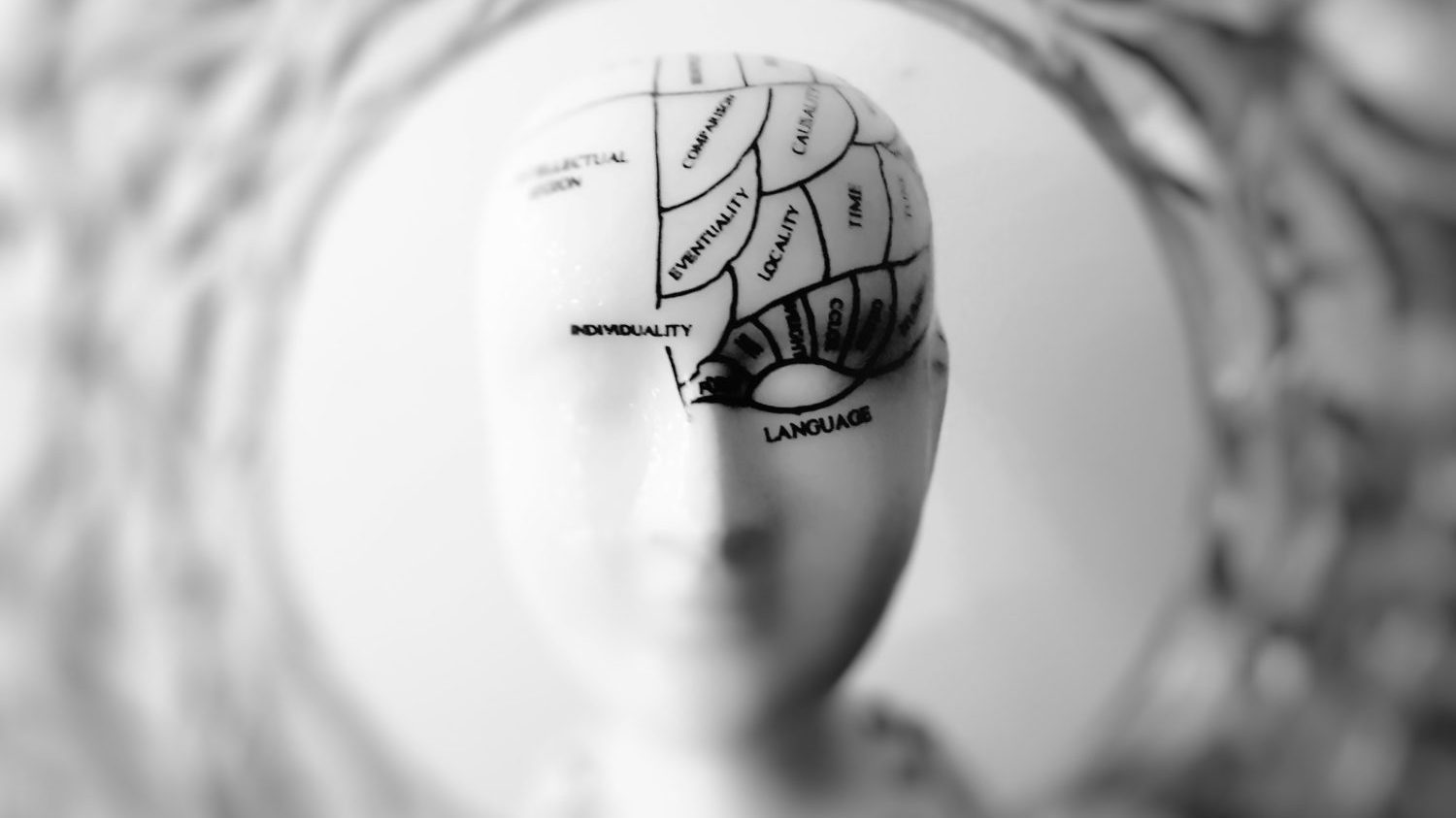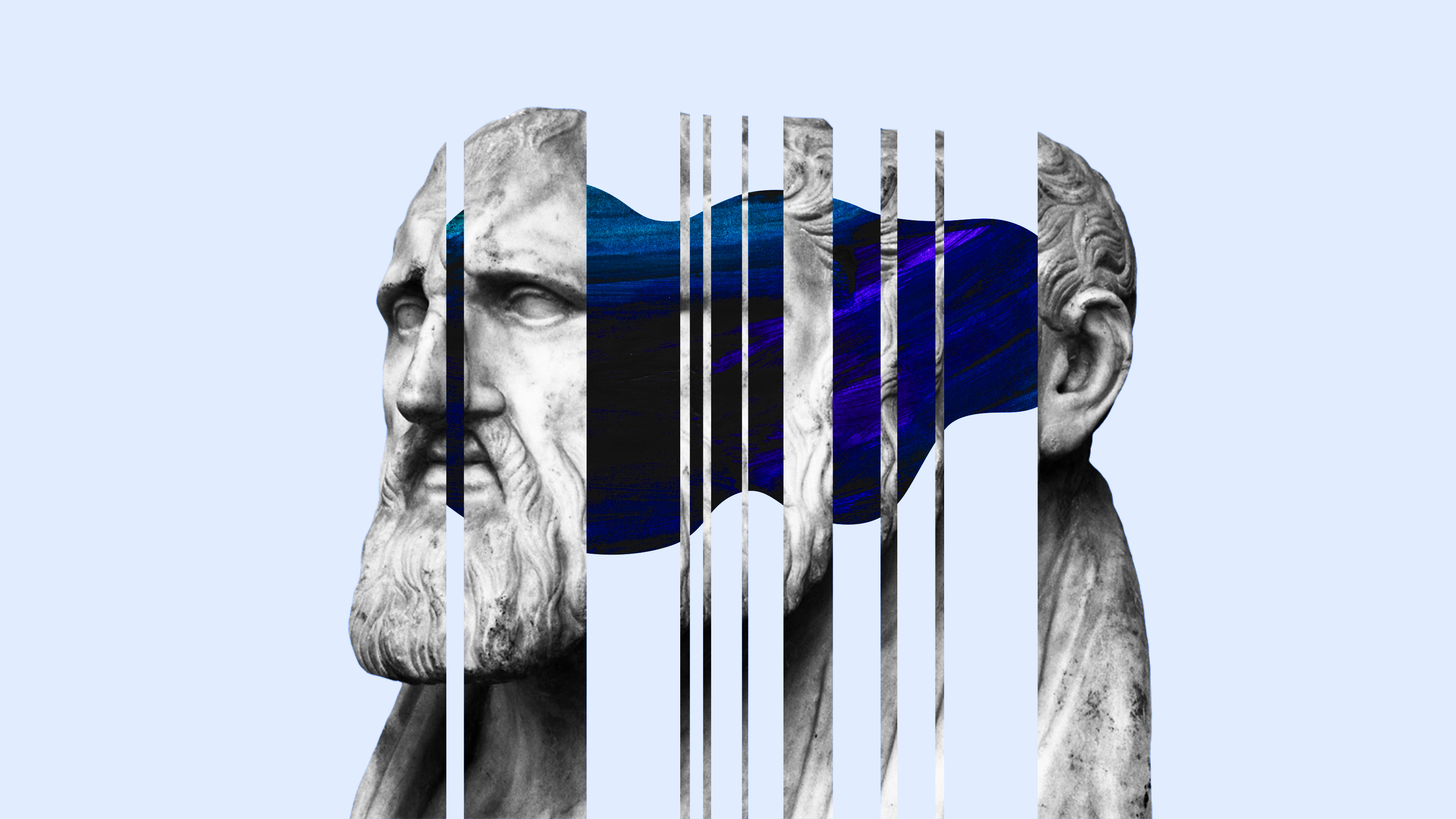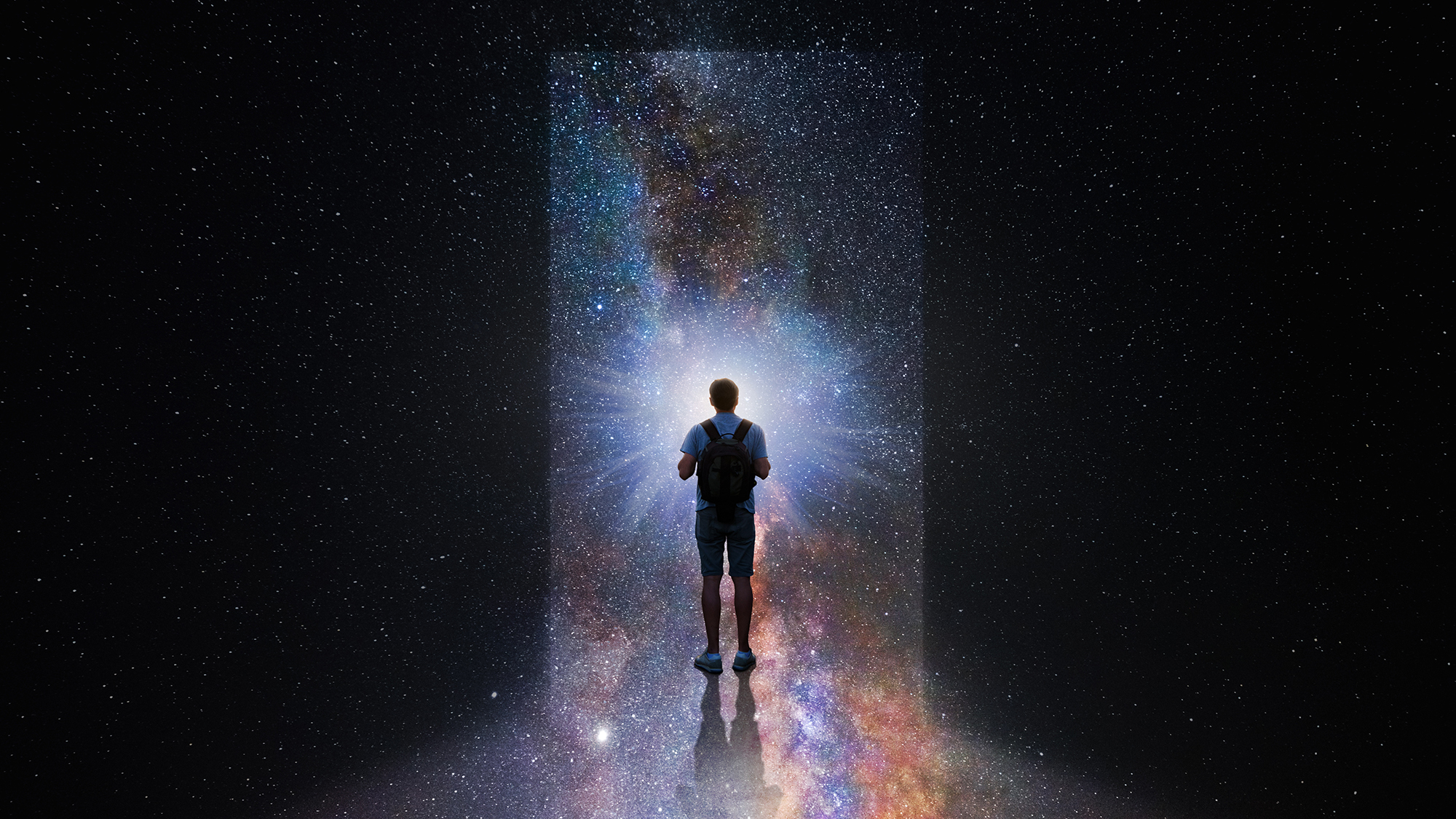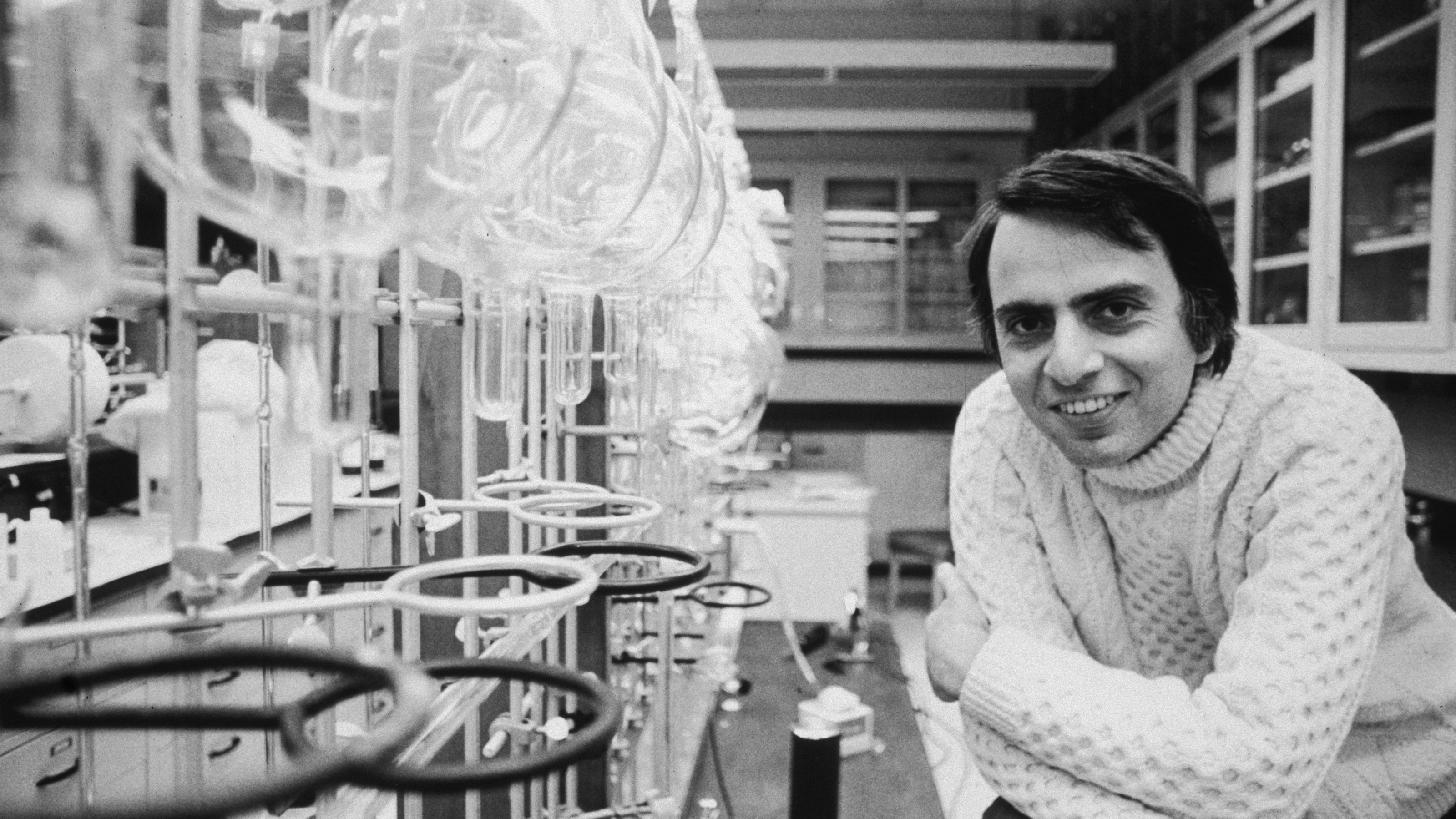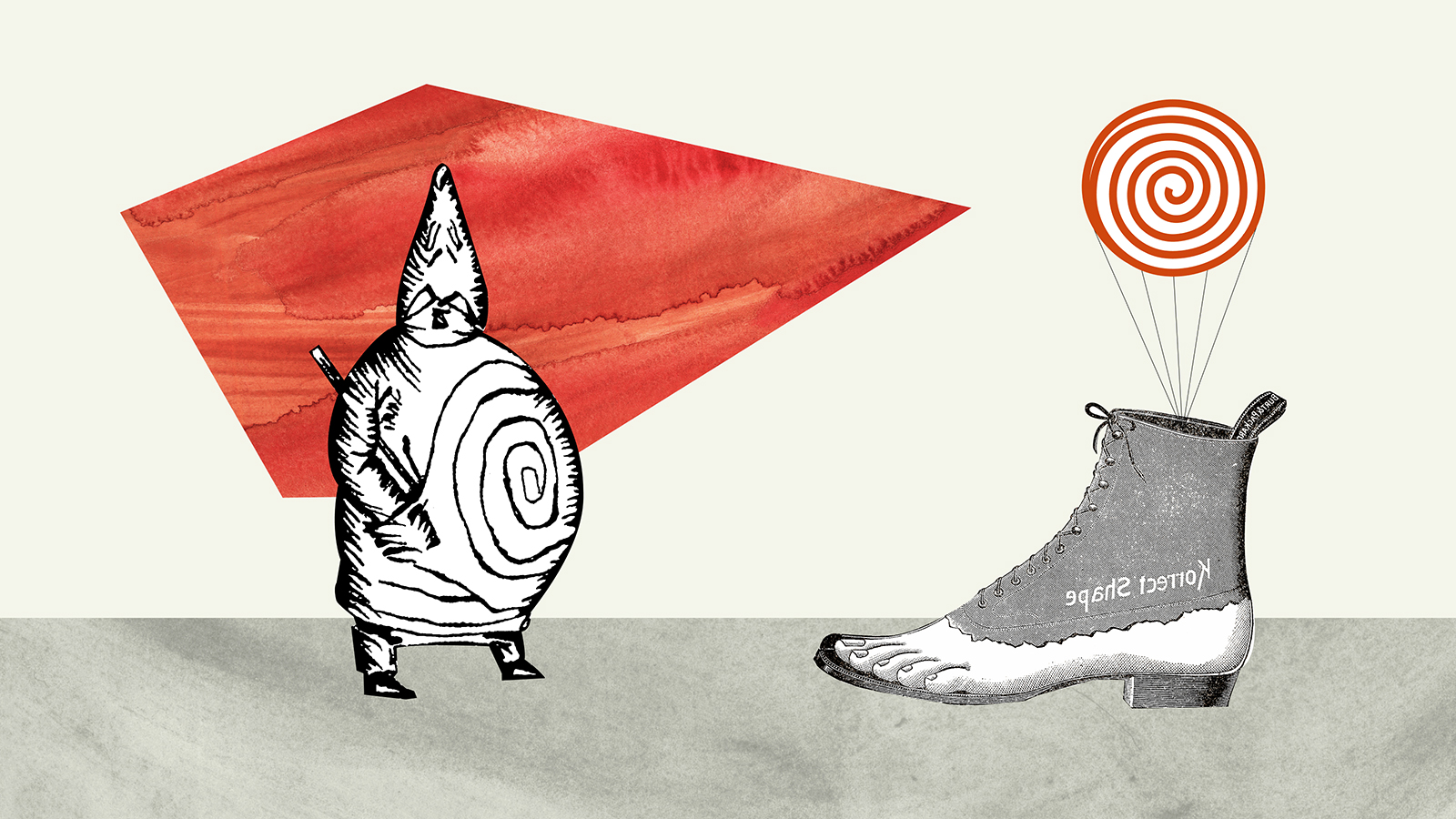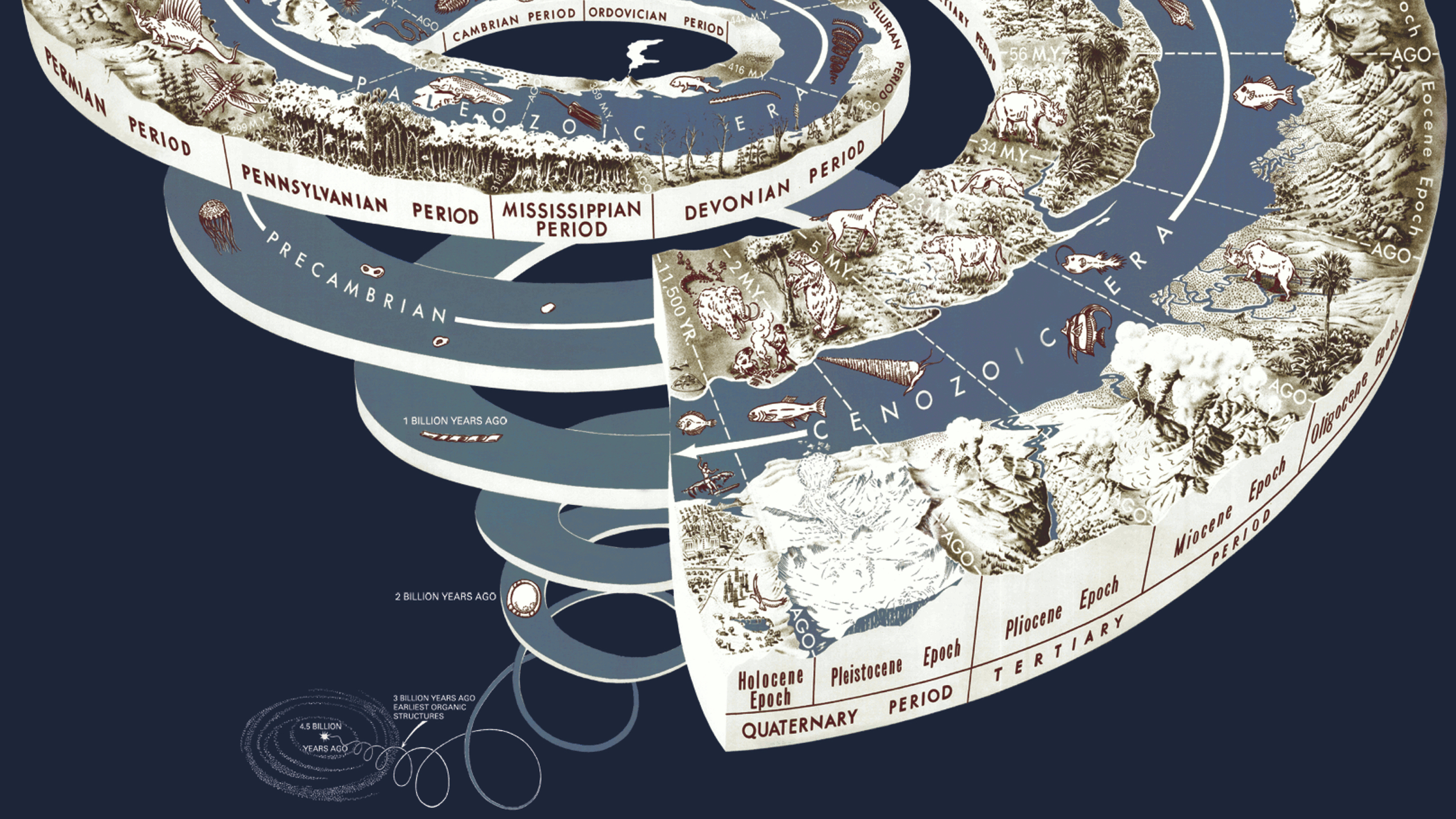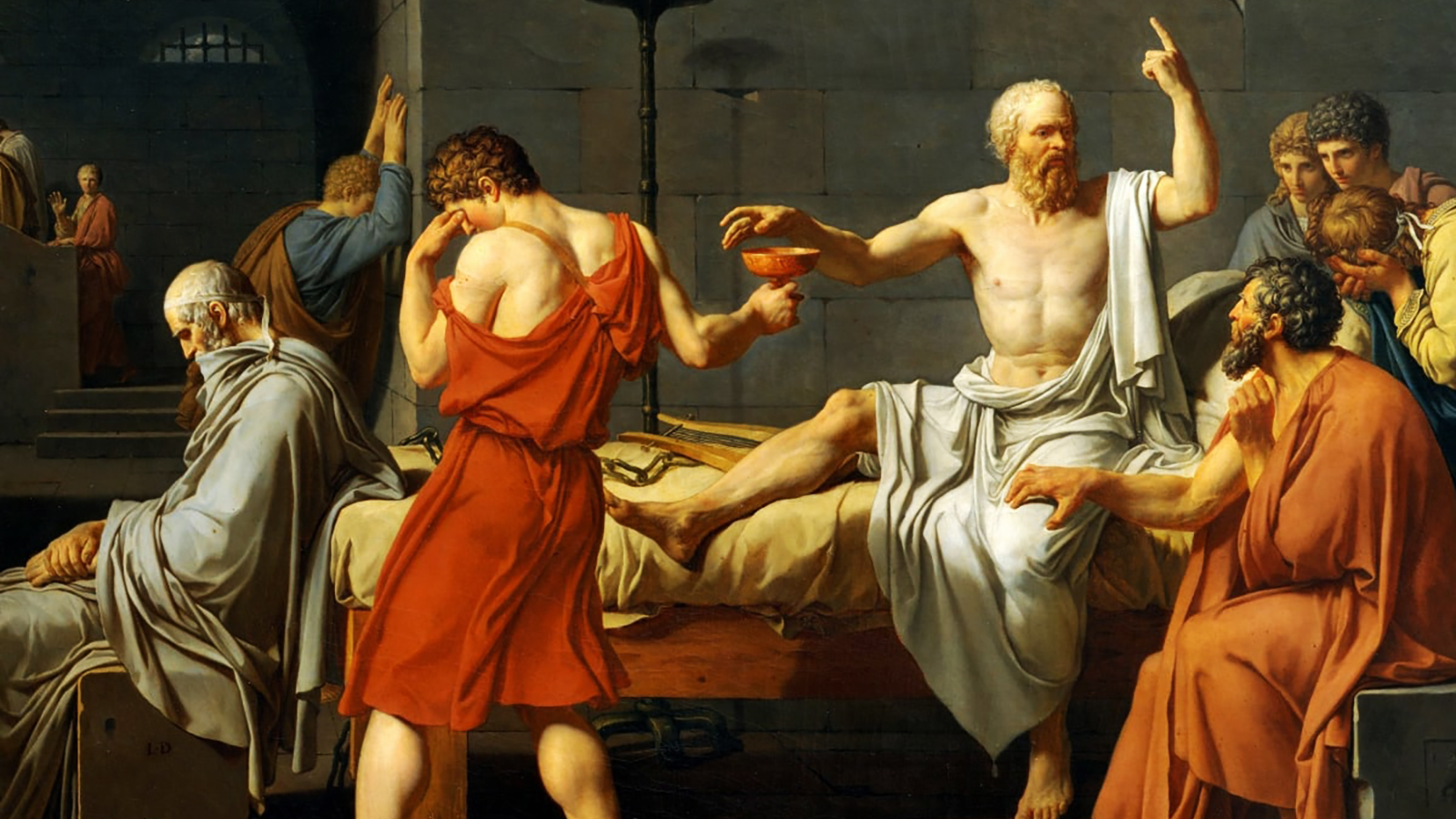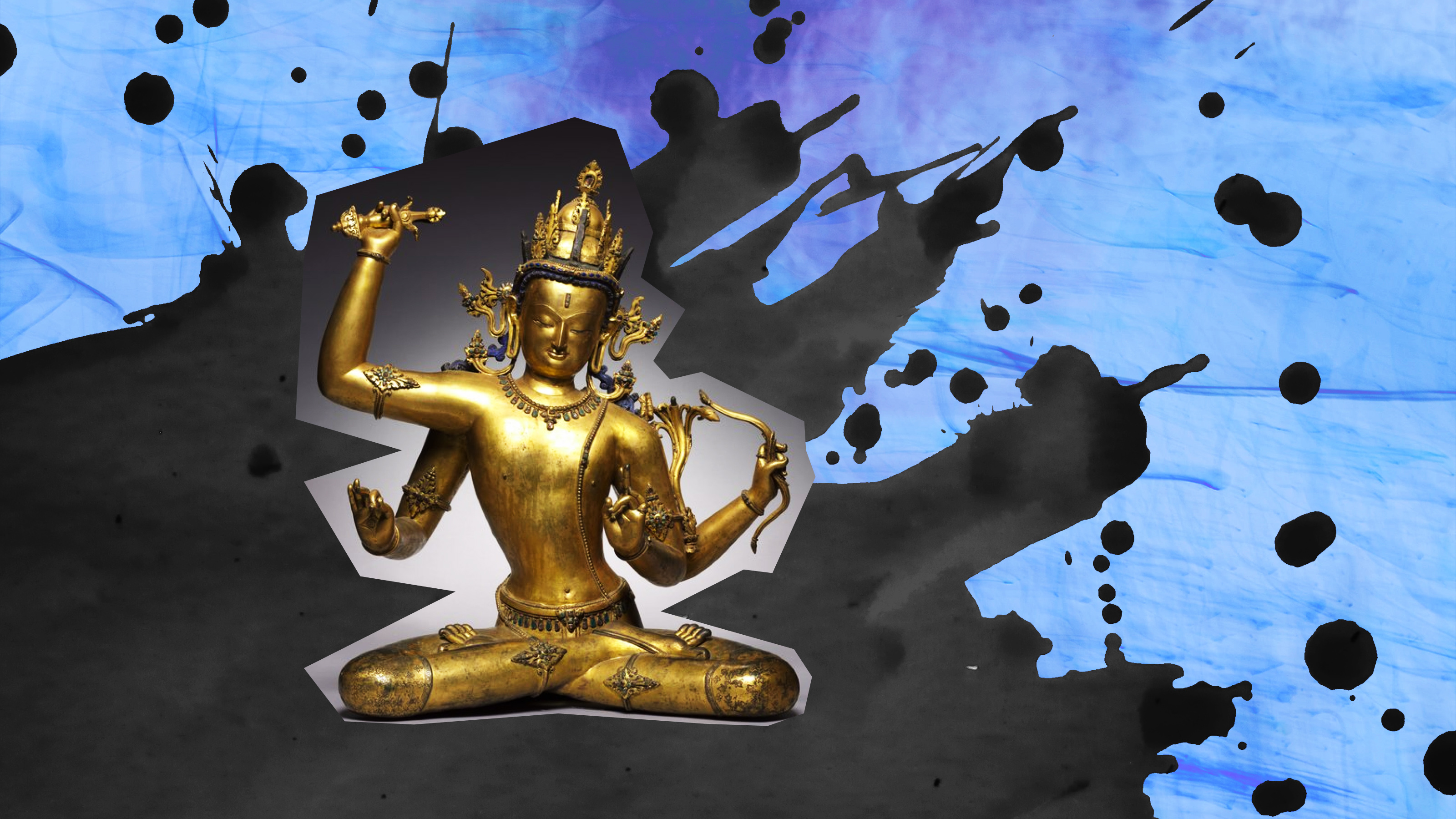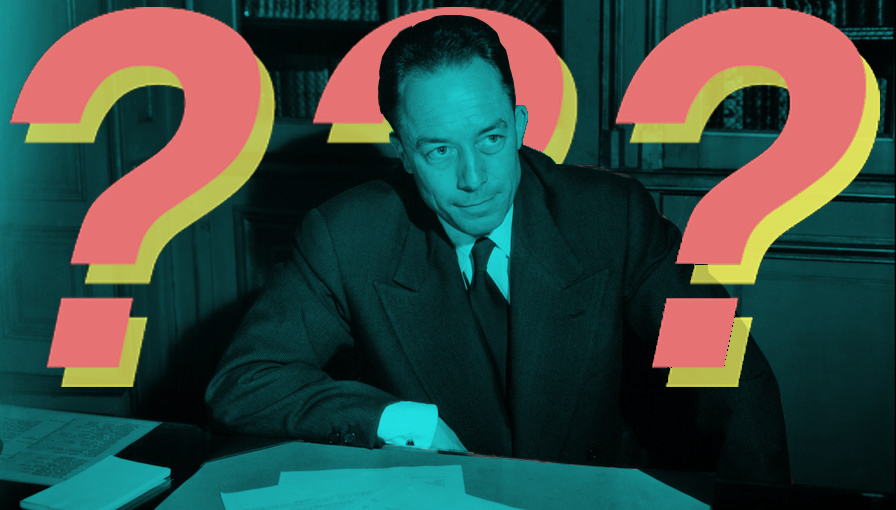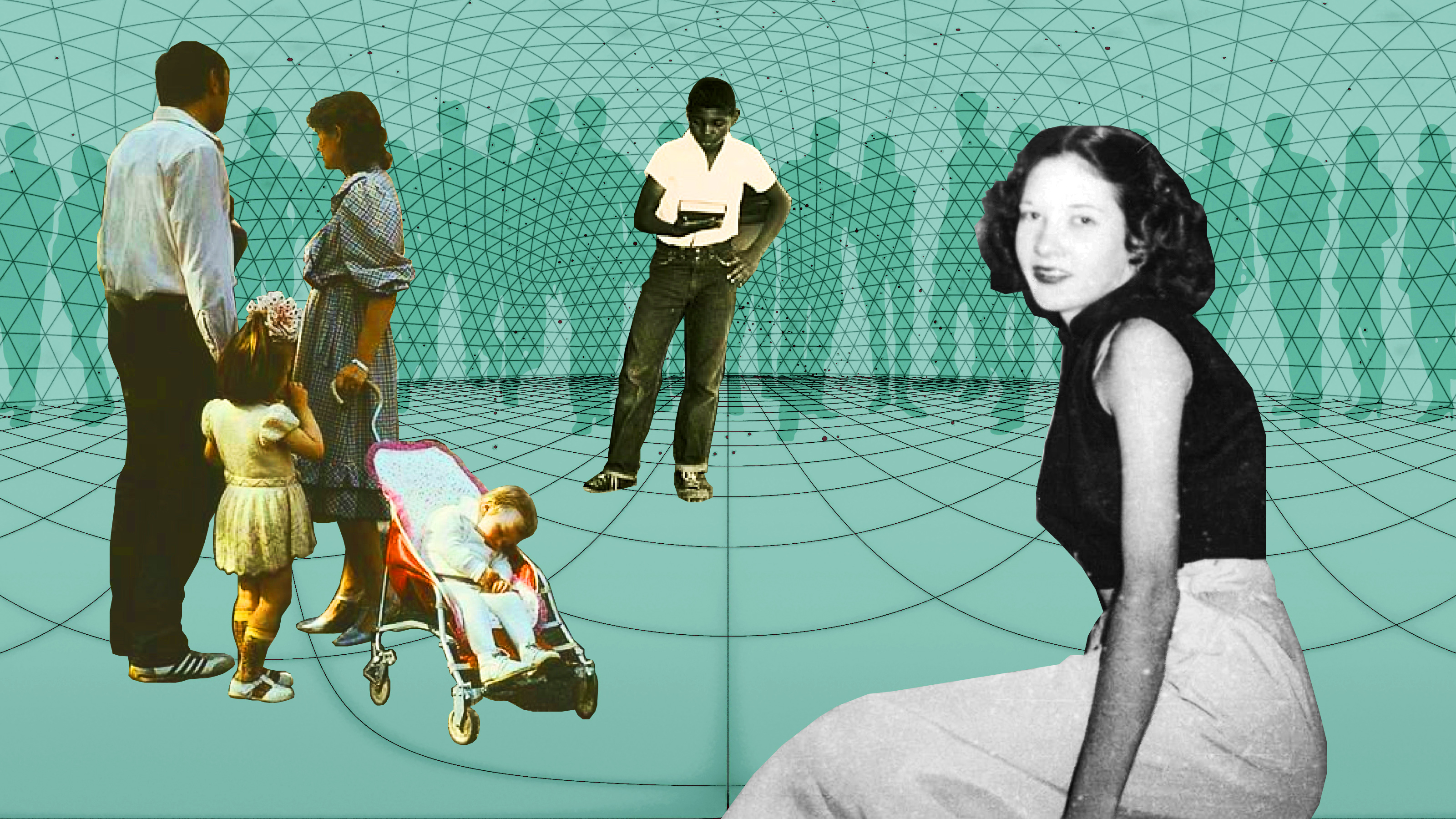philosophy
In “The History of Western Philosophy,” Bertrand Russell made it clear whose thinking he admired — and whose thinking he didn’t.
Thinking about the problem of meaning is unsettling because it introduces us to a list of solutions that all feel a bit insane.
I think, therefore I am (rich).
The deep-thinking oddballs of West Coast cycle racing valued mid-ride marijuana over sports science.
Piano Sonata No. 23 offers a window into the way culture became an instrument of Soviet state policy.
Far from being a “dead” pursuit that focuses on old ideas, modern philosophy proposes and debates important, new concepts. All of us can learn from it.
Nagomi helps us find balance in discord by unifying the elements of life while staying true to ourselves.
How does the mind interact with the body? Nobody really knows — but these philosophers ventured an answer.
Journaling helped Marcus Aurelius cultivate the emotional intelligence necessary to steer Rome through turbulent times.
“Whatever the mind can conceive and believe, it can achieve.”
Though Sun Tzu’s “The Art of War” is a classic military treatise, its advice applies to all manner of conflict.
The acceptance of our cosmic loneliness and the rarity of our planet is a wakeup call.
From consciousness to nothingness and beyond, these questions still baffle the brightest minds. Will they ever be solved?
The Universe is grand, awe-inspiring, and greater than we likely imagine. Even astrophysicists get anxious thinking about it, but we cope.
Science isn’t synonymous with technology; it’s about a way of thinking.
The multi-leveled constructions of metaphysics are the collective workings of a fantastical virtuality. Did you get that?
The biggest lingering question about GPT-4 isn’t if it’s going to destroy jobs or take over the world. Instead, it is this: Do we trust AI programmers to tell society what is true?
Humanity can avoid catastrophe — if we look beyond our blinkered present.
The multiverse is an idea that has gained a lot of traction in popular culture. But what does science have to say about it?
We bring multifaceted selves to our interactions, and in these interactions co-create each other again and again.
The utilitarian “greatest happiness principle” has remained popular for two centuries — is it time for a rethink?
That scary swirling void from which nothing can escape is our perfect universal translation tool.
Not everything that claims to be “scientific” actually is. There are five features of scientifically rigorous studies.
Humiliating powerful people was not a key to success.
Theory without experiment is blind, and experiment without theory is lame.
Yoga is more than just standing on your head. It’s about uniting with the divine.
Albert Camus was a Franco-Algerian philosopher with some great insights on the meaning of life, why you should look to this life and not the next, and why suicide is a poor choice.
The simulation hypothesis is fun to talk about, but believing it requires an act of faith.
